1703595591-0/Police-Afghans-(2)1703595591-0.jpeg)
The Pakistani government has initiated the process of deporting all foreign nationals residing illegally in the country, including Afghans, sources said on Wednesday.
However, Afghans sponsored by European or other foreign countries will not be deported for the time being. If their resettlement does not materialise soon, they too may face deportation, according to sources in the Ministry of Interior.
Officials said that under the Illegal Foreigners Repatriation Plan (IFRP), all undocumented foreigners currently living in Pakistan will be sent back to their respective countries. As part of this plan, 781 Afghan nationals have already been repatriated from Islamabad via the Torkham border.
However, sources clarified that Afghan refugees who have been sponsored by European or other foreign countries and are awaiting resettlement will not be deported for now.
The foreign ministry has been directed to urge sponsoring countries to expedite the relocation process.
UNHCR, IOM raise concerns
Meanwhile, the United Nations Refugee Agency (UNHCR) and the International Organisation for Migration (IOM) have expressed concerns over the government's "devised plan" to relocate registered Afghan refugees from Islamabad and Rawalpindi, seeking clarification on the "modality and timeframe" of the move.
The concerns came a day after reports suggested that Afghan refugees were being 'quietly' moved out of the federal capital and Rawalpindi to be eventually repatriated to their country. The measures were attributed to a plan devised in a series of meetings held last week under Prime Minister Shehbaz Sharif.
In a joint statement issued in Islamabad on Wednesday, UNHCR and IOM acknowledged the state's authority to restrict the movement of foreigners, including refugees.
However, they urged authorities to "implement any relocation measures with due consideration for human rights standards, including due process, and the legal status of Proof of Registration (POR) and Afghan Citizen Card (ACC) holders, who have resided in Pakistan for an extended period".
UNHCR and IOM noted that the lack of a clear timeline for planning a dignified relocation was adding to an already stressful situation, with immediate consequences for livelihoods and children's education.
"Pakistan has a long-standing tradition of hosting refugees and saving millions of lives. This generosity is deeply valued," the statement quoted UNHCR Representative Philippa Candler as saying.
"Forced return to Afghanistan could place some people at increased risk. We urge Pakistan to continue to provide safety to Afghans at risk, irrespective of their documentation status."
While acknowledging the security-related challenges faced by the government, the organisations emphasised that refugees, like all individuals, are expected to abide by the law.
"The overwhelming majority of Afghan nationals in Pakistan are law-abiding individuals, whose situation needs to be seen through a humanitarian lens," the statement said.
IOM Chief of Mission Mio Sato reaffirmed their commitment to collaborating with the government and UNHCR in establishing a mechanism to "register, manage and screen Afghan nationals". (With input from News Desk)







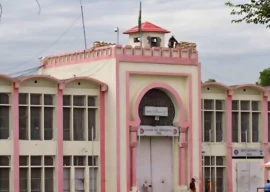

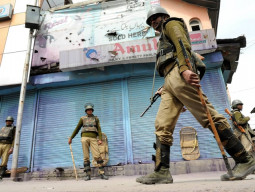

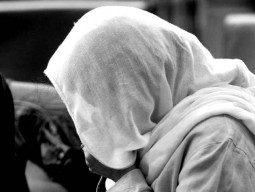

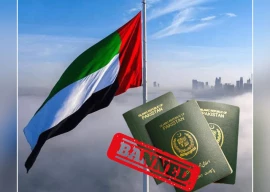


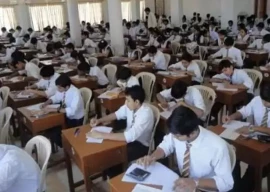







COMMENTS
Comments are moderated and generally will be posted if they are on-topic and not abusive.
For more information, please see our Comments FAQ